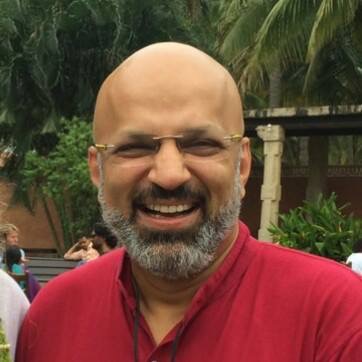A few years back I read an article where the author asked the question, “Why do cars have brakes?” And I, being the smart one, said to myself, “To help stop the car.” But the author had a different take on brakes.
He, or she (I can’t remember who wrote it) said, “Brakes enable you to go fast.”
That got me thinking and I found that statement to be so powerful. Suddenly brakes were not something that held you back; they enabled you to take flight! This was an eye opener for me. Brakes are such a powerful enabler, and I had never looked at brakes that way before.
Imagine if cars did not have brakes. Would you be able to go fast? No. But if you have a good set of brakes, you can drive fast because the brakes would help you avoid hitting someone who appeared suddenly.
In life we come across so many brakes that frustrate us. What if we looked at them, instead, as enablers? As tools that help us to take risks, while at the same time ensuring that we protect ourselves. Let’s look at some of the brakes in our lives.
When I was growing up I had a curfew; I had to be home by a certain time. We all disliked curfews and found them to be restrictive. But these curfews also enabled us to go out with our friends and have fun, while at the same time ensuring that we got back safely before it was too late.
It didn’t mean that we could not have got into trouble before the curfew sounded, but it reduced the probability. Just like brakes in a car—they can’t ensure a perfectly safe ride, but they offer some protection.
Then I became an auditor. They are the guys many people like to hate. But if you didn’t have auditors, corporates would pay less attention to governance and regulations or fudge their accounts or take illegal risks. The fear of an auditor picking this up, keeps corporates in check (well, most of the time at least).
Then I joined a dealing room and we had counterparty limits. And position limits. And stop loss limits. And we sometimes grumbled about them. But these limits gave us a lot of room to operate within. They were our brakes, and they enabled us to operate within safeguards. They were the boundaries set by top management to help us trade freely within the boundaries.
In the private equity world we had Limited Partner agreements with our investors and shareholder agreements with our portfolio companies. And we sometimes felt that they held us back. But without these agreements, investors would not have entrusted their money to us. They were the brakes in our investing world and helped us to get others to give us money.
Today I sit on a few corporate and non-profit boards. Management teams sometimes get frustrated with their boards. But if properly run (like proper, well-maintained brakes) these boards create the space for management to operate freely within while, at the same time, ensuring there is adequate accountability.
But brakes are not foolproof. If you go too fast or if you do not concentrate on the road, they won’t be able to protect you. The same is with dealing limits or shareholder agreements.
So be grateful for the brakes in your life. They are not meant to hold you back or to tie you up in knots. They exist, instead, to help you take risks. They are there to help you grow.
Want to share your story of how you thrive? Write to us at [email protected]
More on Thrive Global India:
Ask Yourself This Question Whenever Life Throws a Curveball
The World Needs Good Bankers Too
What Do You Care What Other People Think?
We Are Actually Living in a Better World


